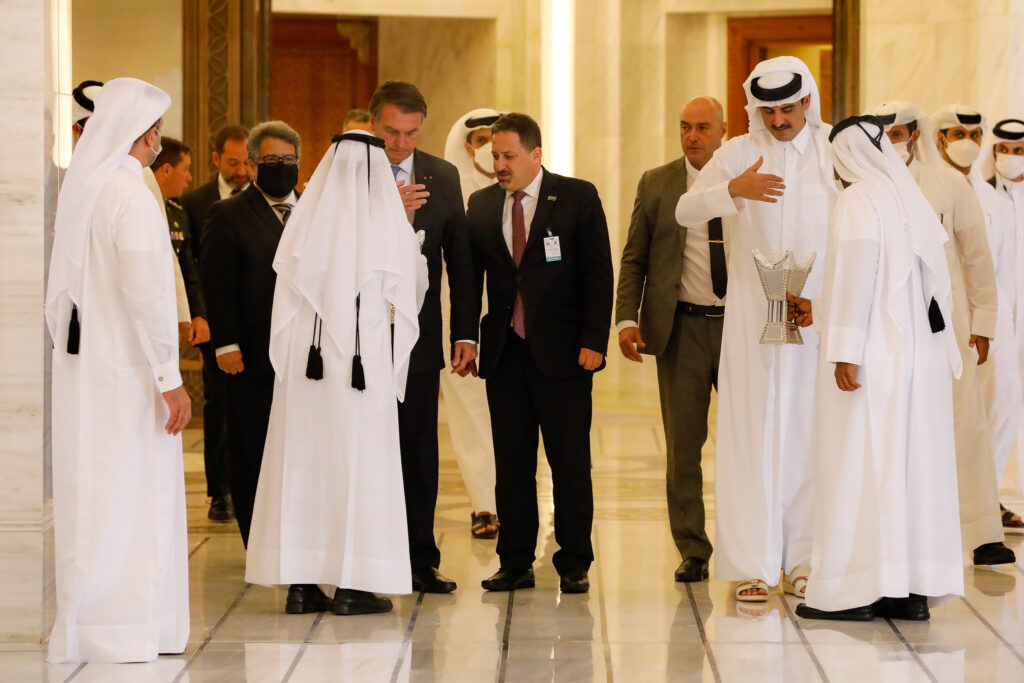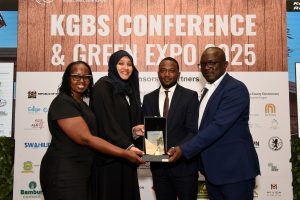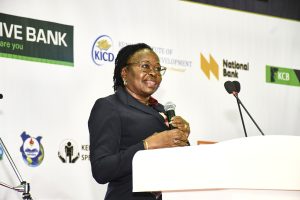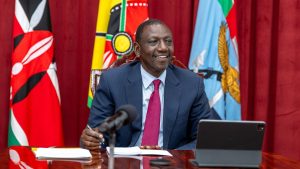How Gulf States Are Rewriting Global Finance

In an era where money speaks louder than missiles, Saudi Arabia, Qatar, and the United Arab Emirates are mastering a new form of diplomacy: deploying sovereign wealth not just to generate returns, but to project power, reshape culture, and secure influence on the global stage.
Collectively, their sovereign wealth funds command over $3.5 trillion in assets, making them some of the most powerful investors in the world. But unlike traditional funds that quietly seek yield, Gulf states are executing a bolder strategy—turning capital into a soft power instrument that secures prestige, alliances, and future resilience.
Sports: The Global Arena of Influence
Football clubs, Formula 1 circuits, and international tournaments have become canvases for Gulf ambition.
- Qatar stunned the world with its hosting of the 2022 FIFA World Cup, a $200 billion project that rebranded the tiny emirate as a global hub.
- Saudi Arabia, through its Public Investment Fund (PIF), has disrupted the golfing world with LIV Golf and is investing billions into sports franchises, eyeing everything from football clubs to boxing promotions.
- UAE, the quiet pioneer, has owned Manchester City since 2008, transforming the club into a dynasty while building Abu Dhabi’s global reputation.
Sport, for the Gulf, is not merely entertainment—it is nation-branding at scale.
Technology: Buying Tomorrow’s Relevance
Recognizing that oil will not define the next century, Gulf sovereign funds are aggressively pivoting toward technology.
- The UAE’s Mubadala and ADQ are deep investors in semiconductors, AI startups, and space exploration.
- Qatar Investment Authority (QIA) has stakes in major tech firms from Silicon Valley to Shenzhen.
- Saudi Arabia’s PIF is channeling billions into futuristic projects like NEOM, an AI-driven city designed to symbolize post-oil prosperity.
In the battle for technological supremacy between the U.S. and China, Gulf capital often acts as a bridge, buying influence with both camps.
Energy Transition: From Petro-Power to Green Diplomacy
While still dominant in hydrocarbons, Gulf states are recasting themselves as climate financiers.
- Saudi Arabia is pushing a $266 billion clean energy program, aiming to be a global leader in hydrogen.
- The UAE hosted COP28 in Dubai, cementing its role as a climate convener despite its status as a top oil producer.
- Qatar is doubling down on LNG, branding it as the “transition fuel” while quietly investing in renewables.
This paradox—oil wealth funding green ambition—underscores a larger strategy: ensuring that Gulf states remain indispensable in the post-oil world order.
Capital as Diplomacy
What emerges is a pattern: sovereign wealth as geopolitical leverage. Sports deals buy cultural legitimacy. Tech investments open doors in Washington, Beijing, and beyond. Climate financing turns former petro-states into future-proof partners.
In a fragmented global economy, the Gulf monarchies are proving that capital itself is the new foreign policy. They are not merely hedging their wealth—they are curating legacy, influence, and survival in a world where energy, technology, and culture converge.






